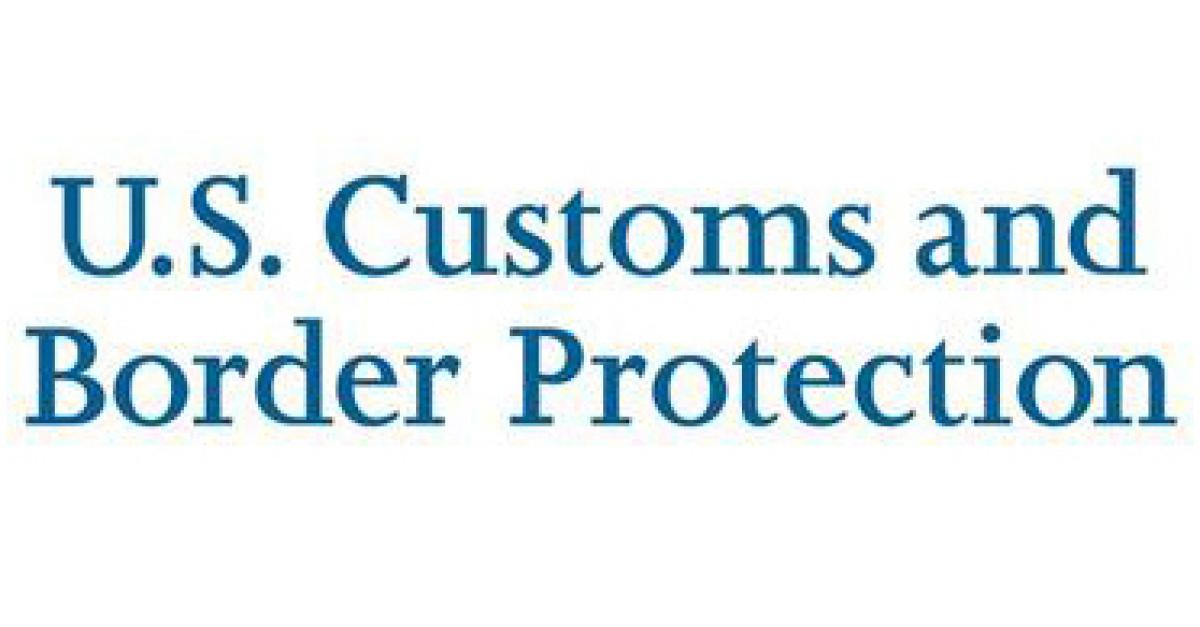U.S. Customs and Border Protection (“CBP”) has issued the below linked draft remand redetermination in response to the U.S. Court of International Trade’s remand order in American Kitchen Cabinet Alliance v. United States. In the draft remand redetermination, CBP’s Office of Regulations and Rulings (“R&R”), has reversed its finding of no evasion in EAPA Case No. 7705 and instead found that Scioto Valley Woodworking, Inc. (doing business as Valleywood) imported wooden cabinets from China in a manner that evades the antidumping and countervailing duty orders on Wooden Cabinets and Vanities and Components Thereof from China.
The Court held in its remand order that R&R’s finding that Scioto did not engage in evasion was unreasonable because R&R did not address record evidence that detracted from this finding. The Court ordered R&R to specifically reexamine and consider the following evidence: (1) the contents of a warehouse owned by Alno Industry SDN BHD’s, Scioto’s Malaysian supplier of cabinets; and (2) the extent of operational control exercised by Scioto’s and Alno’s parent company, the Chinese company Qingdao Haiyan Group Co. Ltd. (“Haiyan Group”), as to the production and shipment of cabinets.
In accordance with the Court’s order, R&R reexamined this evidence. As to the first point, R&R found that the presence of Chinese and Malaysian finished cabinets in Alno’s warehouse, in combination with other evidence, supported a finding of evasion. For example, Alno did not have any tracking system in place to prevent the commingling of cabinets from Malaysia and China when merchandise was shipped. Thus, it was reasonable to conclude that Alno sent Chinese cabinets to Scioto in the United States.
As to the second point, R&R found that the Haiyan Group had the ultimate discretion to determine whether Scioto would receive Chinese-origin or Malaysia-origin wooden cabinets. When this level of discretion is tied together with Scioto’s and Alno’s inability to track raw materials, inventory, and finished merchandise, it leaves Scioto with no way of knowing the country of origin of the cabinets it receives or for Alno to know which customer will receive Malaysian-origin versus Chinese-origin merchandise. Thus, this evidence also supported a finding of evasion.
Moving forward, the parties have a chance file to written comments with CBP by Friday, January 17, 2025. CBP then must submit its final remand redetermination to the Court by January 30, 2025. Thereafter, there will be another round of briefing at the Court before Judge Wang issues her decision on the final remand redetermination.



